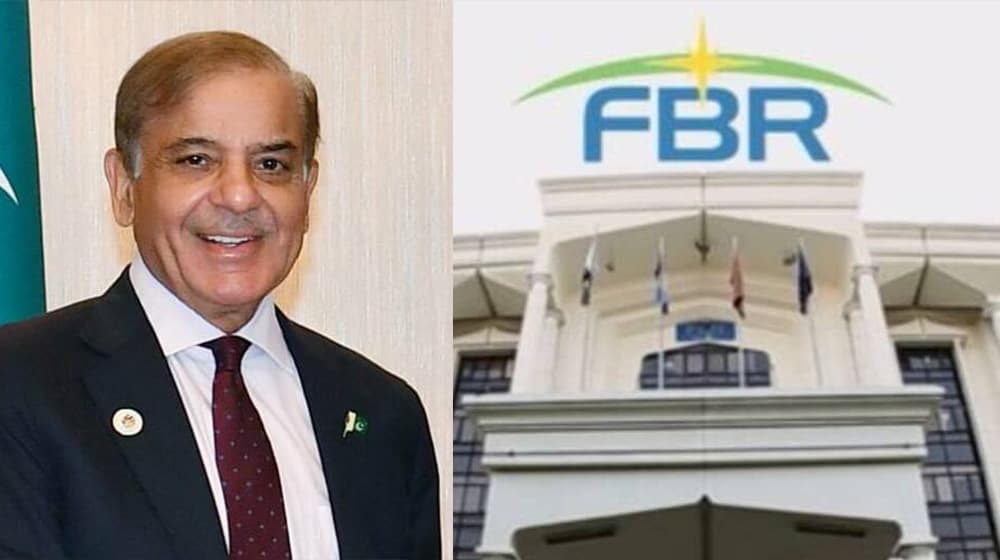Prime Minister Shehbaz Sharif has taken a firm stand on the controversial arrest powers of the Federal Board of Revenue (FBR). During a high-level meeting in Islamabad, he directed that the Finance Bill 2025-26 must include six strict safeguards to prevent misuse of these powers. The decision followed sharp criticism from both lawmakers and business leaders.
PM Shehbaz chaired a session focused on FBR affairs. The meeting included ministers from defence, law, commerce, information, railways, and economic affairs, alongside the FBR chairman and senior economic advisors. The prime minister clearly stated that no taxpayer or entrepreneur should face harassment.
Officials briefed him that laws allowing arrests in sales tax fraud cases had existed since the 1990s. However, he insisted that such laws must now reflect judicial rulings and modern needs. He strongly opposed any mistreatment of honest businesspeople.
“We will not tolerate harassment of taxpayers,” said the prime minister. He further noted that the powers of arrest under the Finance Bill 2025-26 should only apply in serious fraud cases. To ensure transparency, he ordered the creation of an external oversight system.
He also emphasized consulting all allied political parties on the issue. According to the new plan, FBR will only arrest senior executives—such as CEOs and CFOs—if certain strict conditions are met. These include fleeing from law, tampering evidence, ignoring three summons, and fraud over Rs50 million. The decision must also be approved by a special board that includes a member from the private sector.
The Finance Bill 2025-26 also comes with conditions agreed upon with the IMF. Pakistan aims to collect Rs389 billion through tighter enforcement of tax measures. However, some lawmakers fear that relaxing the FBR’s enforcement powers might trigger a mini-budget if IMF targets are missed.
Meanwhile, the Senate Standing Committee on Finance raised other concerns. Senator Anusha Rehman questioned why Rs45 billion from a disbanded authority was not added to the government’s main account. She also criticized Nadra for charging government departments, including Rs40 per voter check on election day.
Senator Farooq H. Naek made several legal suggestions regarding tax fraud penalties. He proposed lowering the fine from Rs10 million to Rs5 million and halving prison terms from 10 to 5 years. He also called for three notices before legal action and urged courts to decide tax appeals within 60 days. Senator Shibli Faraz backed the call, saying tax laws should not be used to target political opponents.
The Finance Bill 2025-26 further included measures to monitor audit firms. FBR revealed that many were just rubber-stamping paperwork without meeting international standards.
The regulation of online platforms was also discussed. Senator Anusha Rehman called for fair rules that do not burden individuals, especially youth and women earning through e-commerce. She recommended setting a minimum business threshold for mandatory registration.
Senator Mohsin Aziz warned against rushing into an e-billing system. He said Malaysia took years to roll it out and urged Pakistan to adopt a phased approach. Committee head Senator Mandviwalla agreed and asked for written proposals.
The committee also reviewed tax exemptions for FATA and PATA. A phased GST will start next year, beginning at 10% and rising to 18%.
Additionally, they examined clauses regarding services taxation under Islamabad’s 2001 Act and the Finance Bill 2025. Concerns were raised about federal interference in provinces’ authority, especially by the Sindh government.
Finally, the committee approved the elimination of Federal Excise Duty (FED) on immovable property as part of the new tax reforms in the Finance Bill 2025-26.

